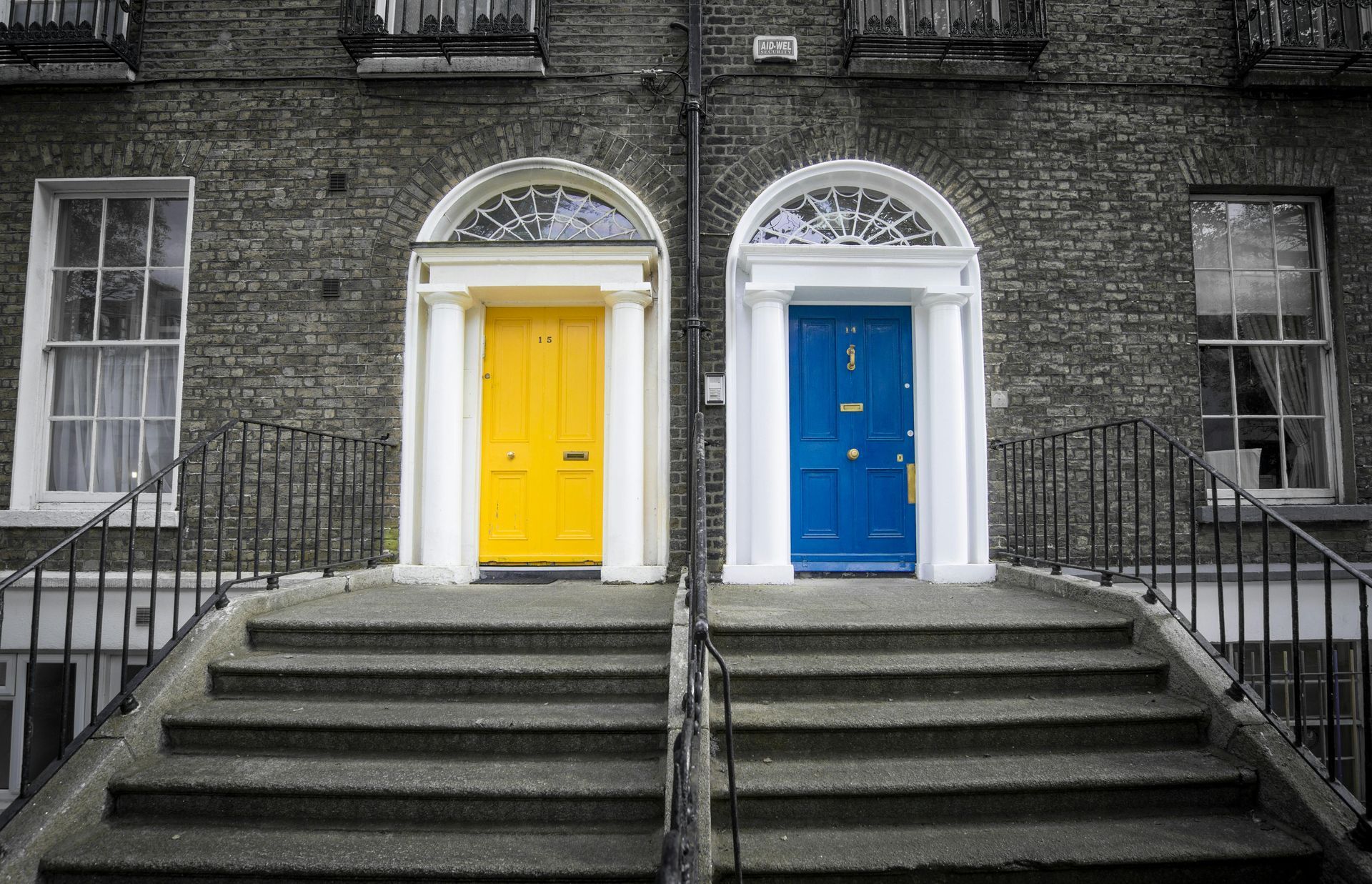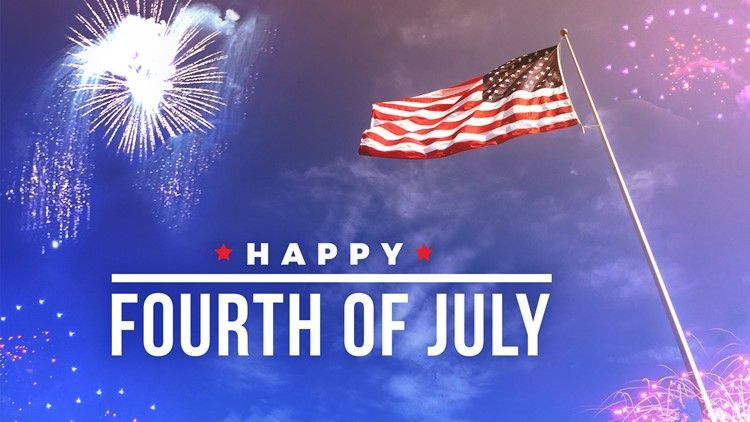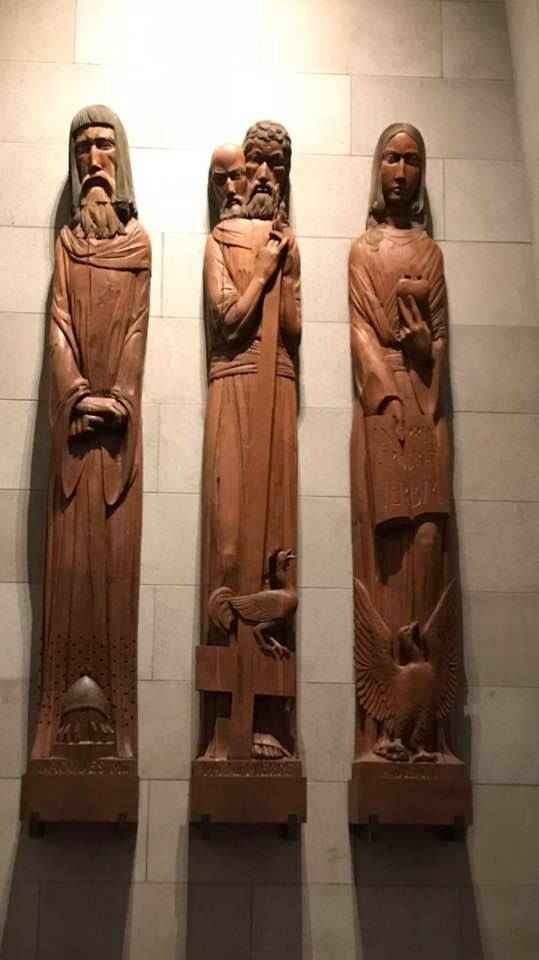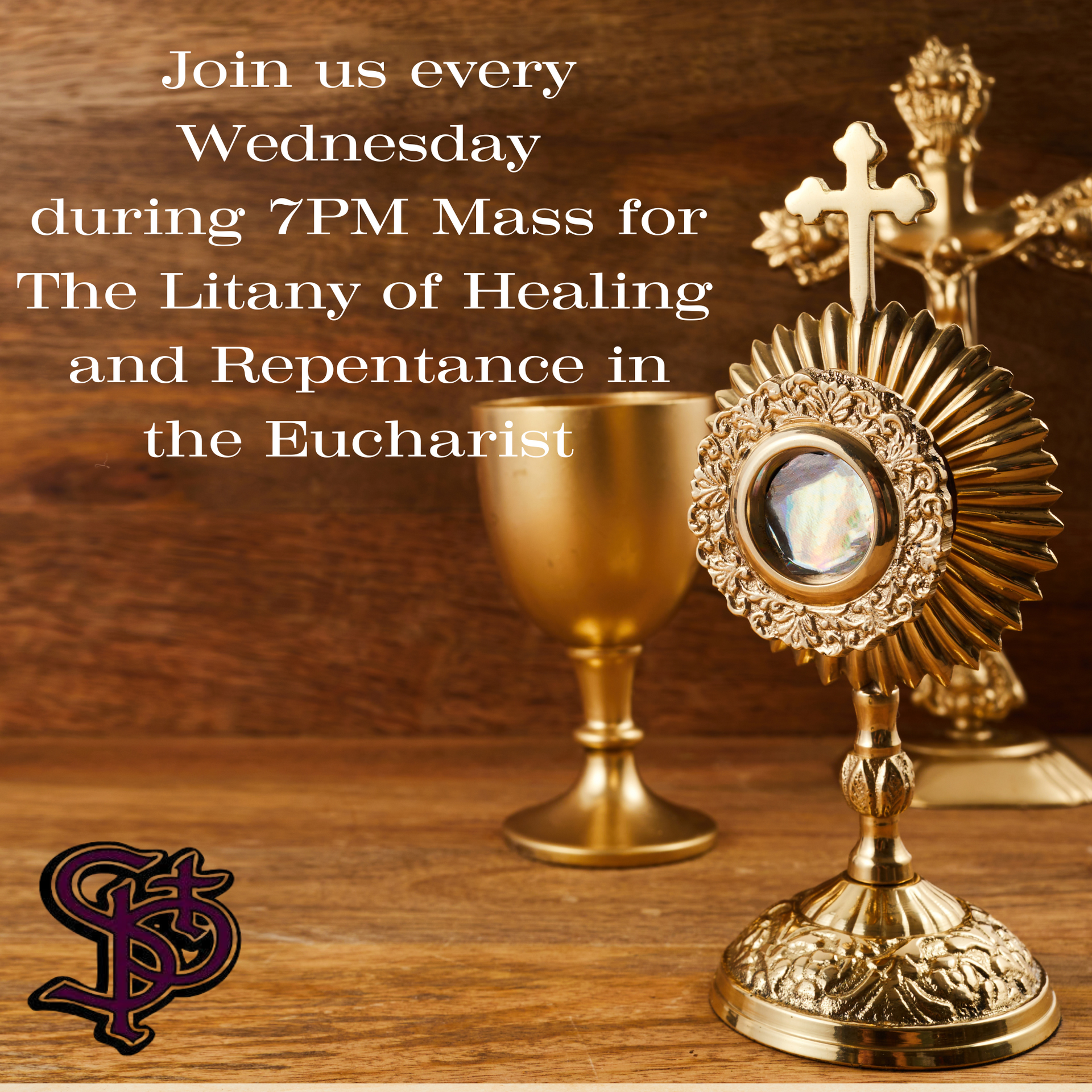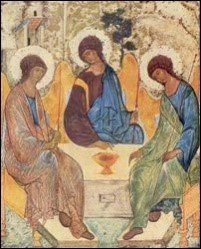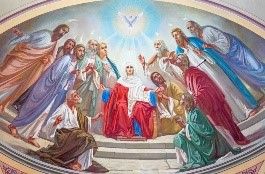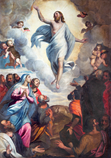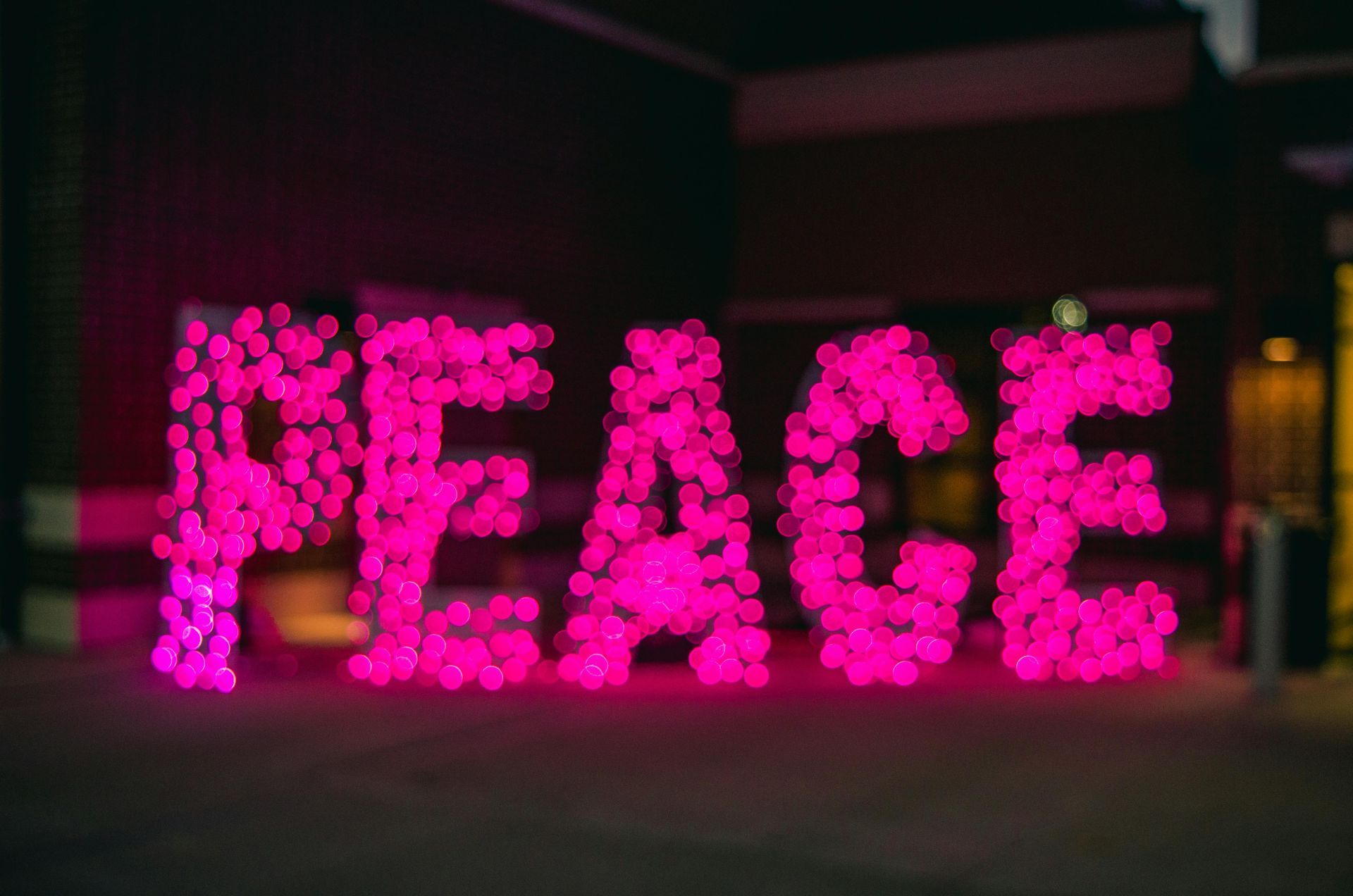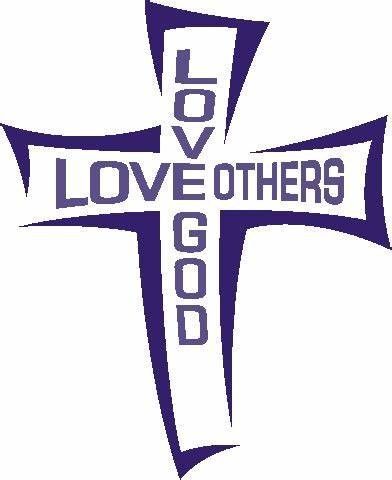The Desert of Our Inner Beings
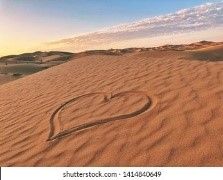
Joke: A woman had bought a new dress which was very expensive. Her husband asked why she had been so extravagant. She replied, "The Devil made me do it." "Well," the husband asked, "Why didn't you say 'Get thee behind me, Satan?’” "I did," explained the wife, "But he said to me: It looked as good in the back as it did in the front.” So I bought it."
Today’s first reading, taken from the book of Genesis, described the covenant that God made with Noah. In the very beginning of the book of Genesis, God created everything good. When sin began to enter through disobedience from our first parents, Adam and Eve, their descendants began to distance themselves from God. They began to worship idols, to turn their backs against God, and many other false worships and bad behaviors that God destroyed them all by the flood, except Noah’s family and his livestock. In the desert, the desert of false worship and bad behaviors before the flood, God asked Noah to build an ark to save his family and all the creatures that God had created. In this ark, there was no wheel, and God was the wheel, who was in control of the ark. God even made a covenant with Noah, a sign of a bow in the cloud that stopped the water from destroying the earth and all within it as we recall from today’s first reading. It was the faith that God made the covenant with Noah and his descendants.
This ark symbolizes the Church that all children of God will be saved when they seek shelter in God’s house, the Church. Just as there was no wheel on the ark, all the children of God are invited to depend on God who is in the control of the wheel of the Church. The sign that God made his covenant with Noah and his children was a bow in the cloud that stopped the water to destroy the earth and all within it, what is the sign that God made his covenant with us through his Son, our Lord Jesus Christ?
From the flood, water, the source of living, became the source of destruction. This water symbolizes the human race that time after time, people make this water dirty through sins, the sins of worshipping false idols, disobeying God, and turning our back against God who saved them from the flood. Thanks be to God that Jesus Christ came, the Son of God vested in himself our human flesh. He came to be baptized in the water to sanctify the water and to make it clean and to allow us to call God “Abba”, Father, through Jesus Christ. His total obedience to God, the Father, was a total surrender to the will of God, the Father that he allowed himself to be driven into the desert after being baptized at the Jordan River which was described in today’s Gospel.
Why was that the desert and not the city, nor a beautiful and busy place, but the desert? One custom or tradition in America we have is the Fat Tuesday. When we eat and drink and have fun, and sometimes, we drink to the excess before we enter into the forty days of Lent we might have a problem waking up the next day and not talking about fasting or almsgiving or prayer.
Jesus was driven into the desert instead of a city or a busy and active place to be tempted by Satan or to be able to reconnect with his heavenly Father instead of being distracted from any allurements of the city or busy and active place. Just as Jesus was driven into the desert of dried and isolated land, we are invited to retreat ourselves into the desert of our inner being to journey with Jesus during these forty days of Lent. How do we retreat ourselves to enter this desert if it’s not to practice the three pillars of Lent: Prayer, Fasting, and Almsgiving? We are invited to examine the covenant that we have made with the Lord through our baptism that Saint Peter reminded us in today’s second reading saying, “Baptism … is not a removal of dirt from the body but an appeal to God for a clear conscience, through the resurrection of Jesus Christ, who has gone into heaven and is at the right hand of God, with angels, authorities, and powers subject to him.” Our baptism is the beginning of the covenant between ourselves and God through our Lord Jesus Christ that in this desert of the loneliness, dried and isolated land, the inner of our beings, what should we change or correct during these forty days of observance of Lent? What should we do with our inner being if it’s not to change, to convert, to return to the Lord during Lent? Some might observe Lent by attending Ash Wednesday and then come back for the Easter Resurrection. Others might observe Lenten fasting by eating healthy to lose some weight. Still others might observe Lenten abstinence by not eating meat on Friday, but then engage in gossiping, criticizing, lying, holding grudges from others, and many other negative behaviors. Just as Noah was busy building the ark in the middle of the desert, in the middle of the destruction of life to save his family, his livestock, and himself from the flood, what do we do with our desert? Should we practice praying more often, fasting faithfully, and giving alms during this Lent?
Three years ago, on Ash Wednesday, we sprinkled ashes on our heads instead of tracing the cross with ashes on our foreheads, we are reminded to make these ashes become a visible cross through our acts of conversion during these forty days of Lent. Also, the cross of ashes traced on our foreheads reminds us to reshape the two relationships imprinted on that cross: The relationship between God and us revealed on the vertical line of the cross, and the relationship with one another revealed on the horizontal line of that cross. Jesus, the Son of God, was tempted by the devils, not only one or two days, but forty days, there was no way that we could avoid temptations during these forty days of lent. Have courage brothers and sisters, we do not journey alone during these forty days of Lent, we journey with the Lord Jesus and with the whole universal Church. However, the decision to change, to convert, and to return to the Lord during these forty days is your own decision. What would you want to change, to reconcile with God, with the Church, and with one another? Try to identify and to change, so that when Easter comes, we are all able to resurrect with the Lord Jesus for winning the battle of temptation during these forty days of Lent. In all we fast, pray, and give alms during Lent, remember to change, to repair, and to fix what needs to be changed, to be repaired, and to be fixed to be able to reconcile with God and with one another. The decision is yours.

